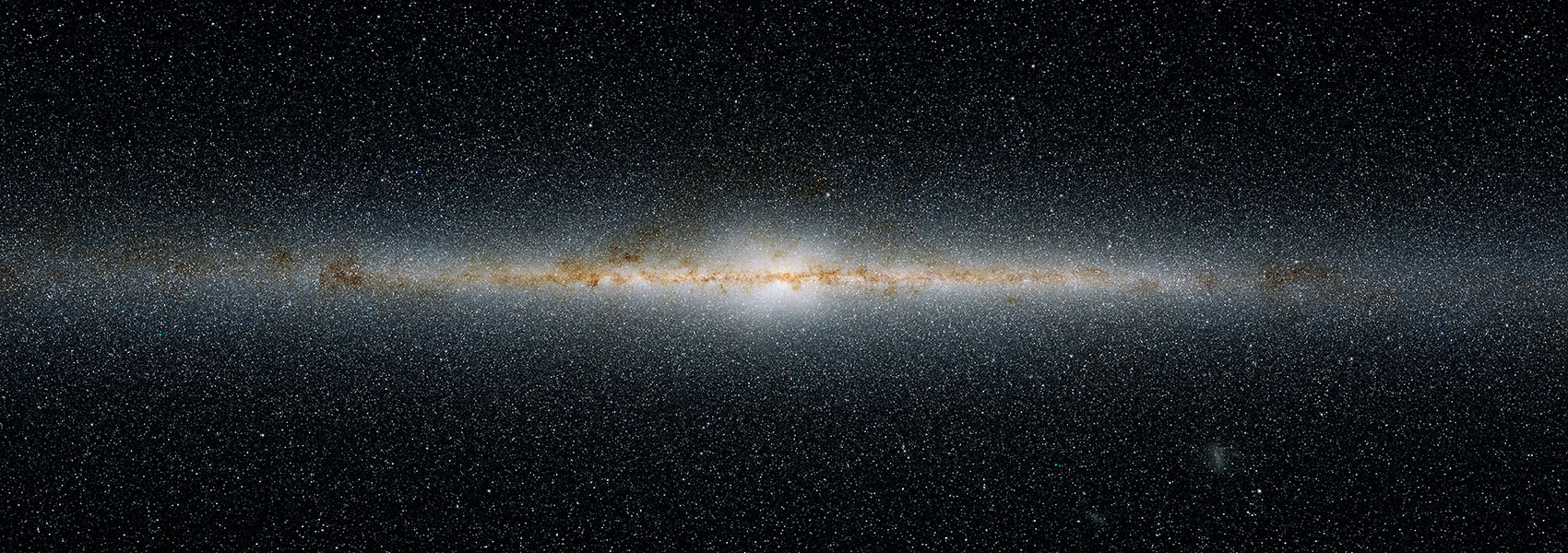
An Exceptional Dimming Event for a Massive, Cool Supergiant in M51
May 2022 • 2022ApJ...930...81J
Abstract • We present the discovery of an exceptional dimming event in a cool supergiant star in the Local Volume spiral M51. The star, dubbed M51-DS1, was found as part of a Hubble Space Telescope (HST) search for failed supernovae (SNe). The supergiant, which is plausibly associated with a very young (≲6 Myr) stellar population, showed clear variability (amplitude ∆F814W ≍ 0.7 mag) in numerous HST images obtained between 1995 and 2016, before suddenly dimming by >2 mag in F814W sometime between late 2017 and mid-2019. In follow-up data from 2021, the star rebrightened, ruling out a failed supernova. Prior to its near-disappearance, the star was luminous and red (M F814W ≲ - 7.6 mag, F606W - F814W = 1.9-2.2 mag). Modeling of the pre-dimming spectral energy distribution of the star favors a highly reddened, very luminous ( $\mathrm{log}[L/{L}_{\odot }]=5.4$ -5.7) star with T eff ≍ 3700-4700 K, indicative of a cool yellow or post-red supergiant (RSG) with an initial mass of ≍26-40 M ☉. However, the local interstellar extinction and circumstellar extinction are uncertain, and could be lower: the near-IR colors are consistent with an RSG, which would be cooler (T eff ≲ 3700 K) and slightly less luminous ( $\mathrm{log}[L/{L}_{\odot }]=5.2$ -5.3), giving an inferred initial mass of ≍19-22 M ☉. In either case, the dimming may be explained by a rare episode of enhanced mass loss that temporarily obscures the star, potentially a more extreme counterpart to the 2019-2020 "Great Dimming" of Betelgeuse. Given the emerging evidence that massive evolved stars commonly exhibit variability that can mimic a disappearing star, our work highlights a substantial challenge in identifying true failed SNe.
Links
- PREPRINT http://arxiv.org/abs/2110.11376
- NED https://ned.ipac.caltech.edu/uri/NED::InRefcode/2022ApJ...930...81J
- ELECTR https://doi.org/10.3847/1538-4357/ac626c
- SIMBAD https://simbad.u-strasbg.fr/simbad/sim-ref?querymethod=bib&simbo=on&submit=submit+bibcode&bibcode=2022ApJ...930...81J
- PDF https://iopscience.iop.org/article/10.3847/1538-4357/ac626c/pdf
- DATA https://archive.stsci.edu/mastbibref.php?bibcode=2022ApJ...930...81J
- DATA https://cdsarc.cds.unistra.fr/viz-bin/cat/J/ApJ/930/81
- DATA https://hst.esac.esa.int/ehst/#/pages/search;bibcode=2022ApJ...930...81J
- DATA https://irsa.ipac.caltech.edu/bibdata/2022/J/2022ApJ...930...81J.html


